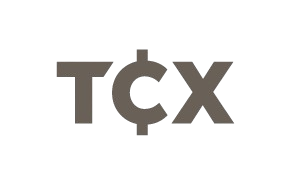President Trump threatened tariffs on Colombia over deported migrants but later withdrew the threat after a deal was reached. The deal allows for the return of migrants on US military flights. This highlights Trump’s use of economic measures to achieve geopolitical goals, with emerging-market currencies like the Mexican peso and South African rand affected.
